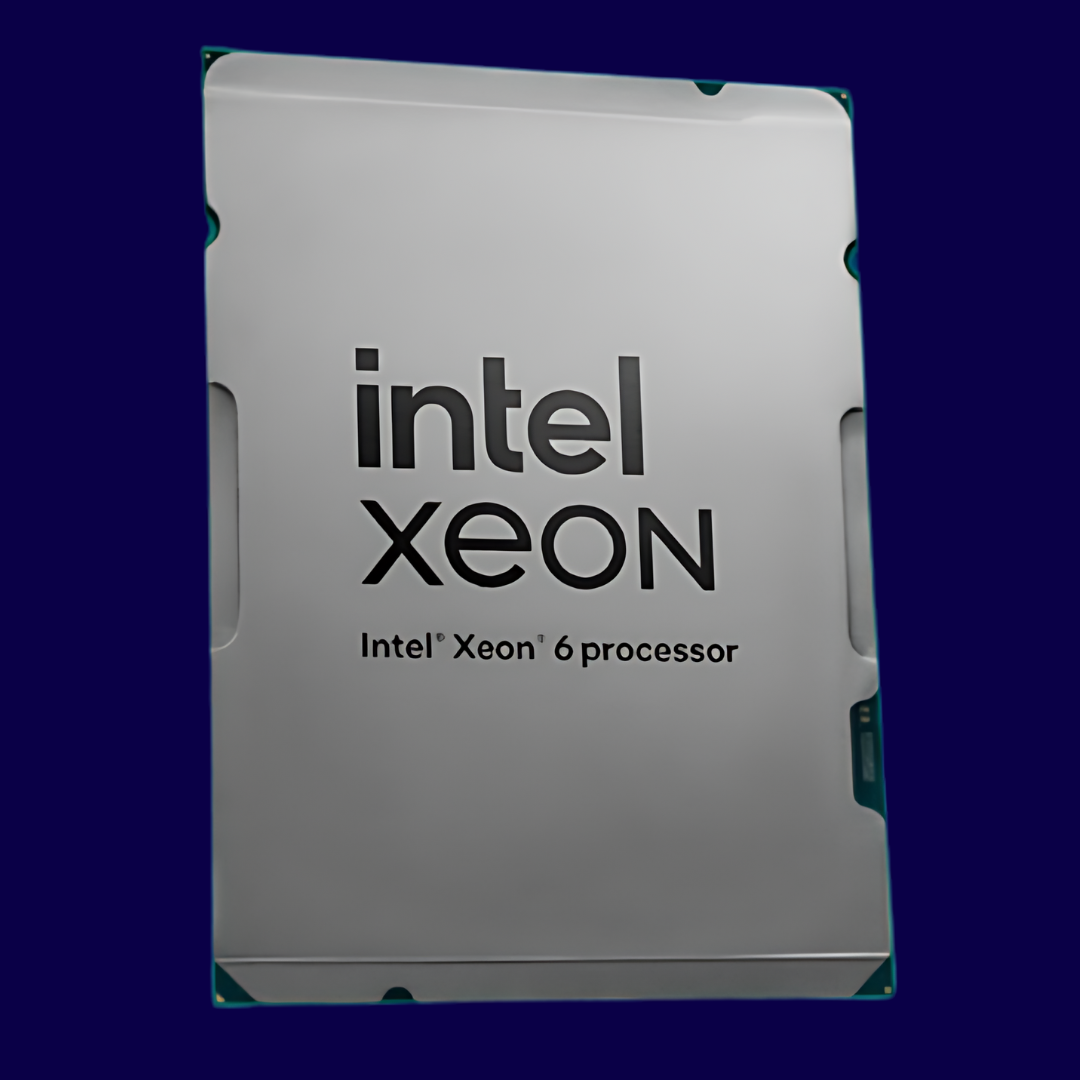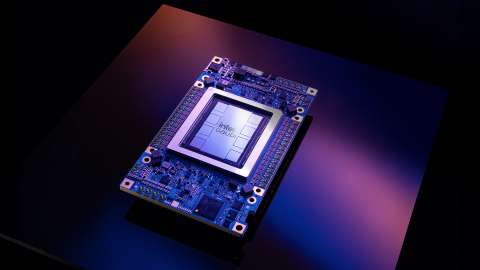Intel Steps Up Its AI Game to Compete with Nvidia and AMD

Intel Steps Up Its AI Game to Compete with Nvidia and AMD
During COMPUTEX 2024, which took place on June 4, 2024, at the Taipei Nangang Exhibition Center, things got even more heated as Intel announced a new wave of AI chips, directly challenging rivals Nvidia and AMD.
The tech world is all about competition, and the fight for dominance in the chip industry is no different.
Xeon 6 Processors
Intel’s CEO, Pat Gelsinger, unveiled the new Xeon 6 processors aimed at data centers. These next-generation chips promise significant improvements in performance and power efficiency compared to their predecessors.
This announcement comes just days after Nvidia and AMD showcased their own AI offerings, making it clear that all three companies are vying for a leadership position in the booming artificial intelligence market.
While the focus might be on bragging rights, Intel has more to offer than just raw power.
Lunar Lake
Intel unveiled details about their upcoming Lunar Lake processors, specifically designed for AI-powered personal computers. These processors are expected to hit the market later this year and will directly compete with similar offerings from Nvidia and AMD.
Gaudi Goes Budget-Friendly
Intel also revealed that their Gaudi 2 and 3 AI accelerators are priced lower than competing products. Gelsinger emphasized that customers are looking for powerful solutions that won’t break the bank, and Intel’s competitive pricing strategy aims to address that need.
Additionally, Intel is a strong advocate for open software and hardware solutions, which is a major advantage for developers who value flexibility and customization.
Can Intel Catch Up?
It’s no secret that Intel has been playing catch-up in the AI race. While tech giants like Meta and Google were busy stocking up on Nvidia chips, Intel wasn’t quite at the forefront of the movement. However, their recent announcements demonstrate a clear shift in strategy, indicating a determined effort to close the gap.
One key difference between Intel and its competitors is their approach to chip manufacturing. Unlike Nvidia and AMD, who primarily design chips, Intel also handles the manufacturing process. While this vertical integration can be advantageous, Intel’s foundry business has been struggling lately. They’ve even lost their top spot in chip manufacturing to overseas companies.
So, the battle lines are drawn. With Intel making significant strides in the AI chip market, the competition between these tech giants is only going to intensify. Buckle up, because the chip wars are far from over!
Thank you for reading my blog,
Nicole Russell
Check out these blogs!





